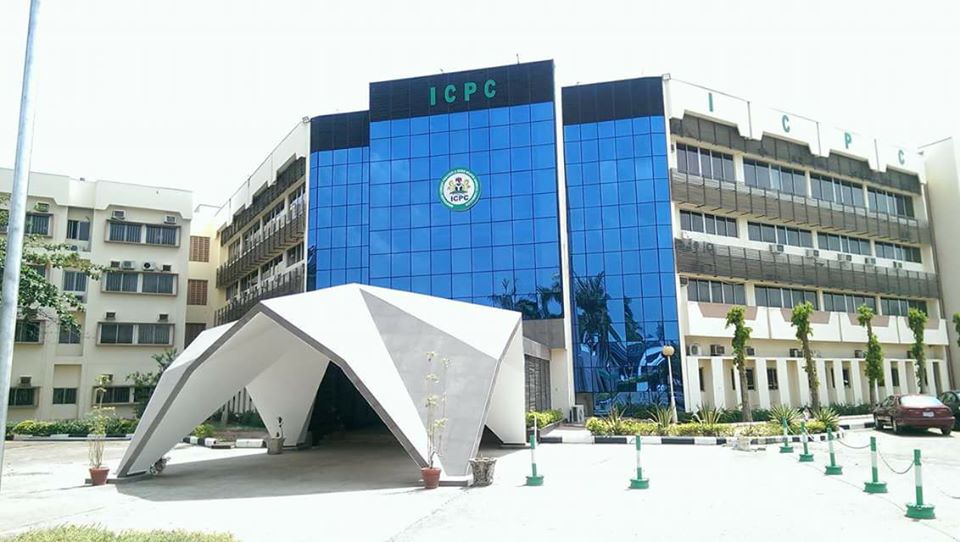London, Dec 25: Not enough attention is paid to threats of violence against public servants when anti-corruption reforms are developed, says a study to determine underlying causes of corruption in government administrations. “Many seriously corrupt societies have been set up in such a way that it can actually be dangerous not to accept a bribe and instead implement legislation,” said study author Aksel Sundstrom from University of Gothenburg in the Sweden.
“Not accepting a bribe can mean that you obstruct criminal networks,” he added. “The people who plan anti-corruption measures should be more aware that there is a social cost to not accepting bribes. This is why policy planners must include protective measures for the people who are expected to change their behaviour,” Sundstrom said.
The study results confirm earlier research but also found that threats of violence is an aspect that researchers and policy-makers have not taken sufficiently seriously. The author also studied to what extent merit-based salaries for individual officials is an effective instrument for preventing corruption.
Merit-based salaries mean managers reward to those who take steps to reduce corruption. He found that these systems can be abused and, at worst, lead to increased corruption. Sundstrom interviewed the inspectors who monitor the fishing done along the coast of South Africa and the officials in the organisation to which the inspectors belong. This is an administration with major corruption problems. “Since the managers themselves have often had time to become part of the corrupt system, they tend to give salary bonuses to those who help to maintain the system rather than to those who want to abolish it. A strict monitoring system is necessary if merit-based salaries are to work as an anti-corruption instrument,” he said. (IANS)
Culled from The Sentinel

